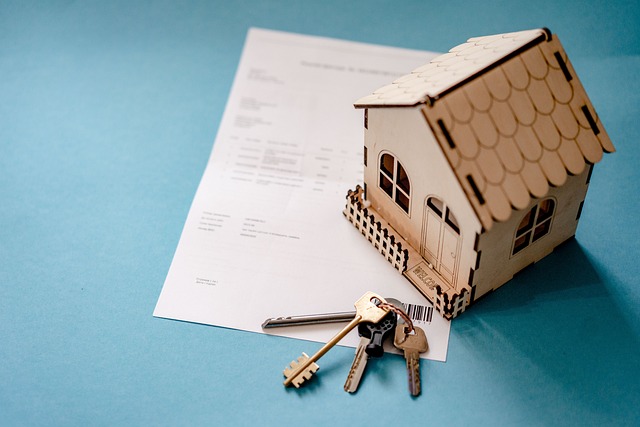Thoroughly research a property's history and condition through public records, visual inspection, and legal document review to make informed real estate bidding decisions, avoid costly surprises, and ensure investment goals align with market trends.
Before committing any bids on real estate, thorough inspection is paramount. This comprehensive guide walks you through essential steps to ensure informed decisions. Start by understanding the property’s history and conditions, both inside and out. Next, review legal documents and disclosures meticulously. By integrating these practices, you’ll navigate the real estate market with confidence and accuracy, setting the stage for successful transactions.
Understand Property History and Conditions

Before placing a bid on any real estate, it’s paramount to unearth the property’s history and current conditions. This involves delving into public records to understand past ownership changes, renovation records, and any legal disputes or liens attached to the property. Such knowledge is essential for identifying potential red flags that could impact your investment.
Each property has a unique story, and understanding this narrative can significantly influence your bidding strategy. By examining historical data, you gain insights into the neighborhood’s development trends, potential environmental concerns, and the likelihood of future value appreciation or depreciation. Armed with this information, you’ll be better equipped to make informed decisions in the competitive real estate market.
Conduct Visual Inspection Inside and Out

When inspecting a property in the real estate market, a thorough visual examination inside and out is non-negotiable. Start by assessing the exterior for any signs of structural damage, such as cracked foundations or unevenness in walls and floors. Check for proper drainage around the property to avoid water damage and ensure the roof shows no signs of wear and tear or leaks.
Move indoors and look for potential issues like water stains on ceilings, visible pest infestation, poor ventilation, or outdated electrical wiring. Examine the state of fixtures, appliances, and finishes, noting any necessary repairs or replacements. A meticulous visual inspection provides valuable insights into a property’s condition, helping you make an informed decision before committing to a bid.
Review Legal Documents and Disclosures

Before submitting any bids in the real estate market, it’s crucial to meticulously review all legal documents and disclosures. This step is an integral part of the due diligence process, ensuring that you fully understand the terms and conditions associated with the property. In the competitive world of real estate, being well-informed can make a significant difference in the outcome of your bid.
Legal documents provide insights into any existing liens, easements, or restrictions on the land, which could impact your future ownership rights. Disclosures offer details about the property’s history, potential issues, and ongoing legal matters, allowing you to make an informed decision. By carefully examining these documents, you can avoid costly surprises and protect your investment in the long term.






